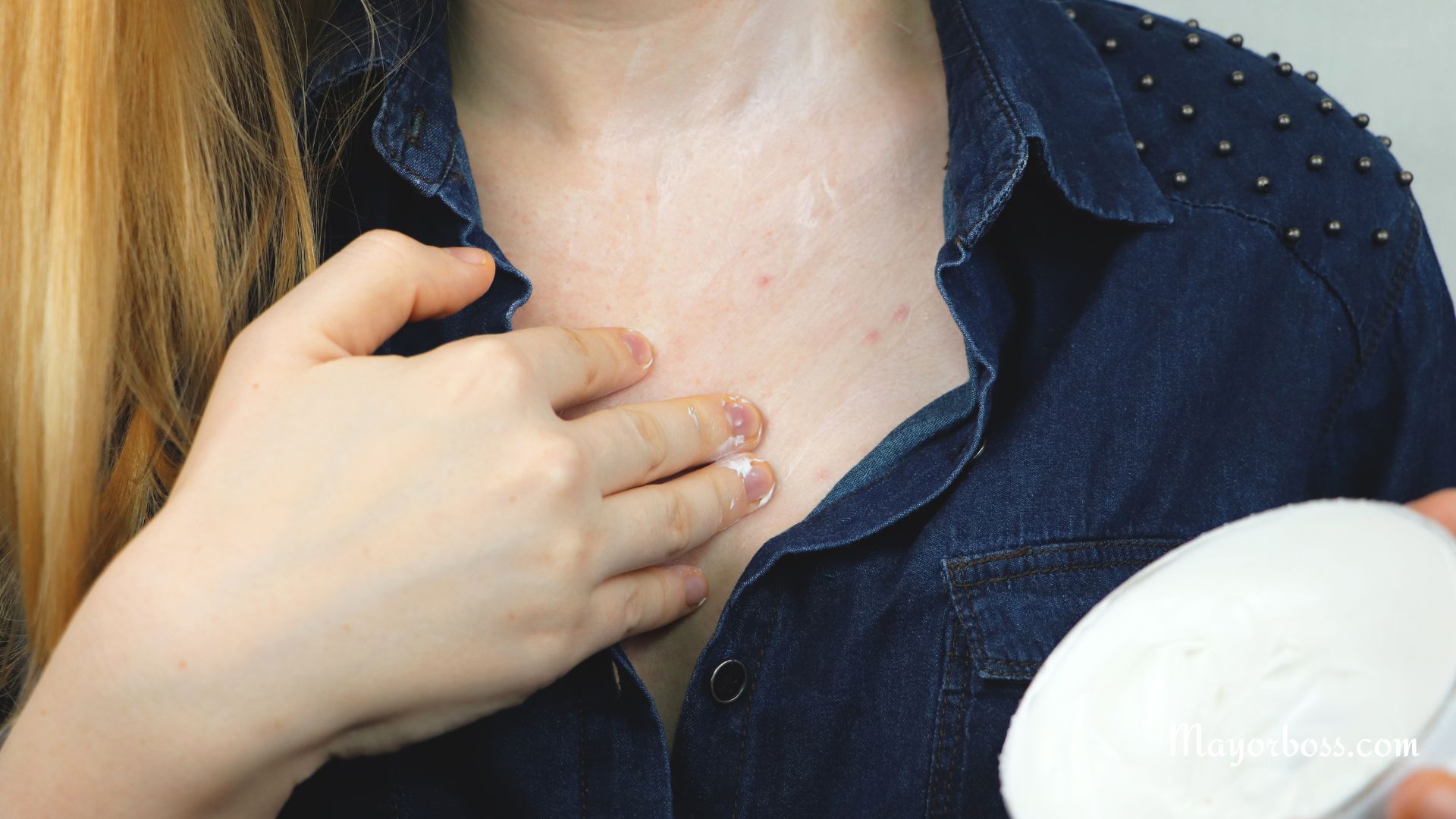Why Does My Mouth Taste Like Metal?
Experiencing a metallic taste in your mouth can be enigmatic and slightly unsettling. This sensation, known medically as dysgeusia, can be a symptom of various conditions or environmental factors. The article details some of the most common reasons why your mouth tastes like metal and discusses ways to address this issue.

Common Causes of a Metallic Taste in Your Mouth
- Prescription drugs: Certain medications, such as some antibiotics, blood pressure medications, and cancer treatments, can cause a metallic taste.
- Over-the-counter remedies: Supplements like calcium, iron, and certain vitamins may also leave you tasting metal.
- Poor oral hygiene: Neglecting oral care can lead to gum disease or infections, which often result in a metallic taste.
- Dental procedures: Recent dental surgeries or the use of metallic dental appliances can temporarily alter taste.
- Infections: Respiratory infections or sinus problems can impact your sense of taste.
- Chronic conditions: Diabetes, kidney disease, and certain cancers are known to cause dysgeusia.
- Smoking: Tobacco use is a common cause of a metallic taste.
- Chemical exposures: Inhaling high levels of certain chemicals, like benzene, can affect taste.
- Hormonal changes: Many pregnant women report a metallic taste, especially in the first trimester.
- Lack of hydration: Dehydration can affect your taste buds, leading to a metallic taste.
Treating the Metallic Taste in Your Mouth
- Regular brushing and flossing: This can help eliminate any oral health-related causes.
- Professional cleaning: A visit to the dentist for a thorough cleaning might be beneficial.
- Quitting smoking: This not only improves taste but also overall health.
- Avoiding certain foods: Some foods might exacerbate the metallic taste, so it’s worth experimenting with diet changes.
- Stay hydrated: Drinking water can help flush out any lingering tastes.
- Citrus fruits: They can sometimes mask the metallic taste.
Consult a Healthcare Professional
- Diagnosis: It’s crucial to identify the underlying cause. A healthcare provider can conduct tests to pinpoint the issue.
- Treatment options: Depending on the cause, treatments can range from changing medications to managing chronic conditions.
What Deficiency Causes a Metallic Taste in the Mouth?
A metallic taste in your mouth can sometimes be linked to a deficiency in certain nutrients. Here are some key deficiencies that might cause a metallic taste:
- Vitamin B12 and Zinc: Deficiencies in vitamin B12 and zinc are known to affect taste and can result in a metallic sensation.
- Iron: Both iron deficiency and iron overload can cause dysgeusia.
- Calcium: Low calcium levels might indirectly influence taste perception.
Frequently Asked Questions
Is a metallic taste in the mouth a cause for immediate concern?
Not always. If it’s temporary and not accompanied by other symptoms, it might not be serious. However, persistent or recurring metallic taste should be evaluated by a healthcare professional.
Can stress cause a metallic taste in the mouth?
While stress isn’t a direct cause, it can exacerbate underlying conditions that might lead to dysgeusia.
Are there any specific foods known to cause a metallic taste?
Some seafood, particularly certain types of fish, can cause a metallic taste due to a substance called histidine. Additionally, overly processed or canned foods might also contribute to this sensation.
Remember, if you’re experiencing a persistent metallic taste in your mouth, it’s important to consult with your healthcare provider to explore the underlying cause and appropriate treatment options.






